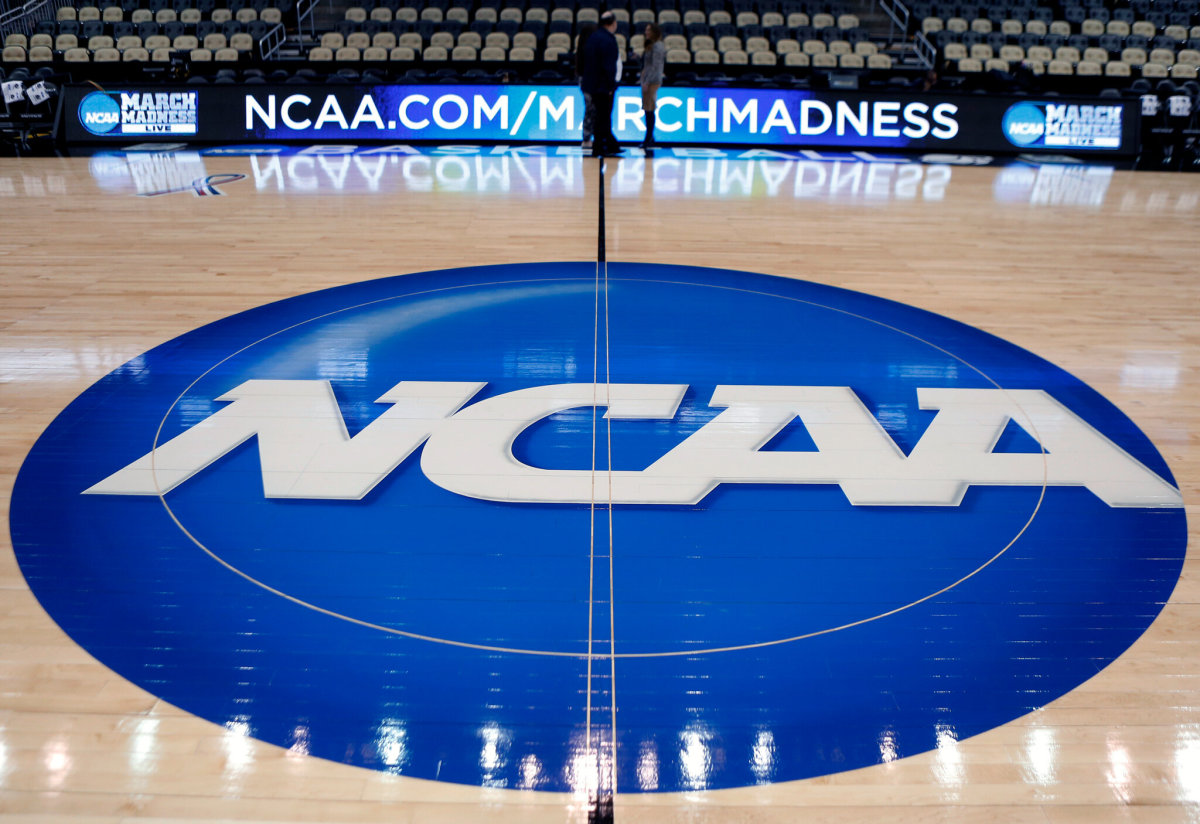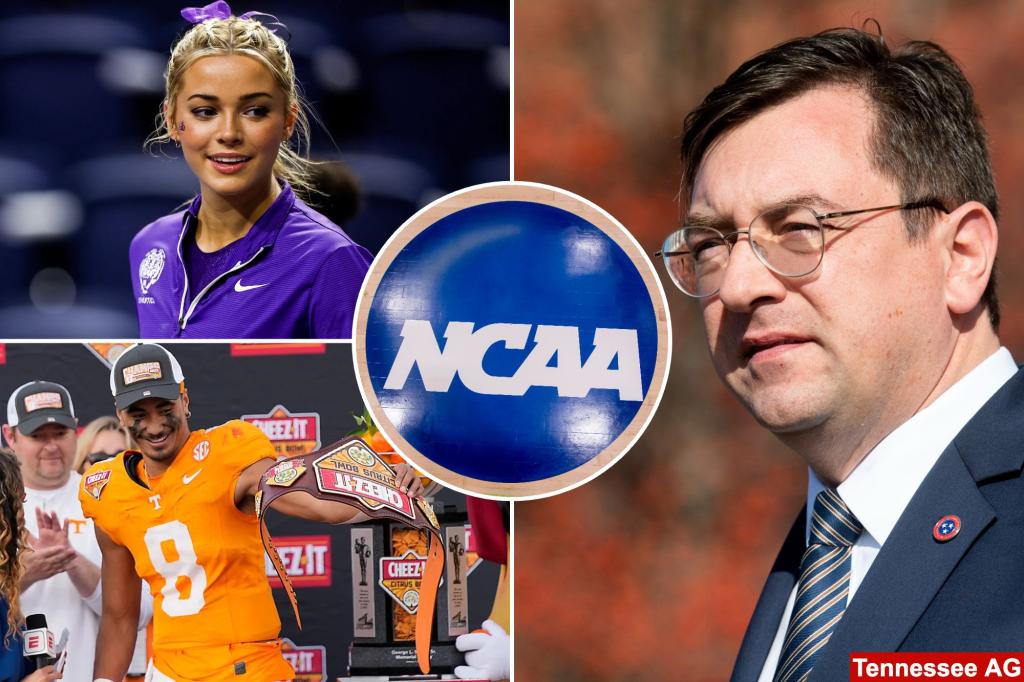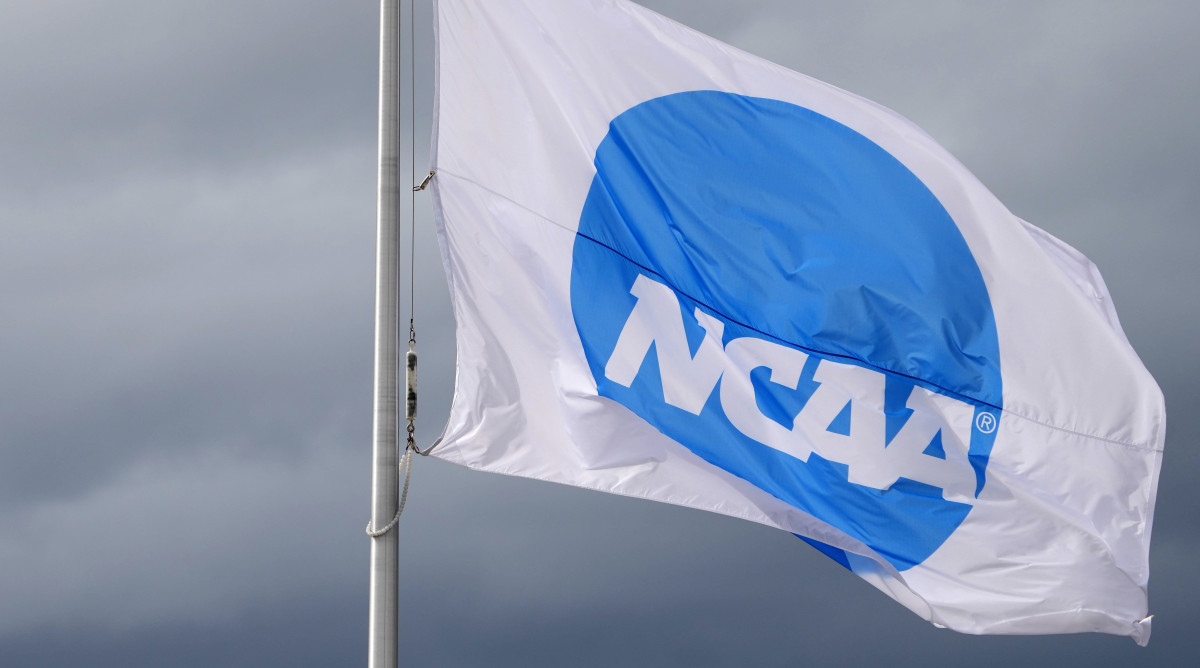As Jay Bilas argues in the tweet I’ll post in this response, the NCAA is staring at a freight train coming down the tracks in the form of this anti-trust case they are destined to get tagged in, for billions in damages.
Since Name, Image and Likeness reform in college athletics took effect in July 2021, the next step in securing student-athletes' rights was to determine a

www.si.com
Agreed -- the NCAA is screwed at this point if that's the way the law is going to be interpreted. But that's really in the past at this point because the NiL policy now is different from what it was when the case was filed, and it's likely that the remaining restrictions will be removed as well to avoid future liability.
It’s not a question of which athletes are employees of the university, it’s a question of how the contracts for these employees should be structured in compliance with the law.
I disagree -- that's a
huge question. Probably the biggest one. Because if the answer to that is "all", then a whole lot of college sports becomes immediately unaffordable for schools. So how was the NCAA supposed to make that determination in the absence of clear legal guidance?
If minimum wage is the fair market value for women’s soccer, so be it. Let the market set value for the top players, be it monetary value or equivalent akin to the college scholarship model we’re currently in.
First, I assume you're saying that the value of a scholarship can be considered as minimum wage (full-ride scholarships are much more than that), which does make sense. But that only applies to college athletes on full-ride scholarships already, and
more than 98% of college athletes don't receive even a partial scholarship. So if all college athletes are to be considered employees, that means all of those folks who the market said weren't even worth a partial athletic scholarship now have to be paid minimum wage, plus all the necessary employer-side withholdings, plus workers comp premiums (likely to be astronomical for many college athletes). These are all for athletes whose actual market value may literally be zero.
Where is all that money going to come from when the vast majority of athletic departments are in the red already? Is your position that if those sports don't make enough money to pay those kids minimum wage, they should just shut down? It's this issue that is why I asked "which athletes are employees" right at the beginning.
Second, in terms of "let the market set value for the top players", Title IX won't permit that. Whatever a player's market value is, he's only going to get half of that because the payment has to be split with someone without that value. Now if you want to get rid of Title IX for direct payments to athletes, I'm fine with that. But I don't think that's happening.
The NCAA is paying the damages, not the schools.
Past damages, for NiL, or for past antitrust violations, yes. But if you're talking about future direct payments to students moving forward, than all those payments will come from the schools themselves, so you have to know where that money is coming from.
Allowing players to sign contracts with these schools, with the inclusion of a “buyout” clause (similar to coaches), does seem like the model which makes the most sense for this NCAA system to survive.
What if a player wants to play, but doesn't want to sign a contract? The reason I ask that is that I doubt many schools are going to want to be paying football players six and seven figure payments just to play ball. I'm sure some
football programs within those schools will want to, and maybe some athletic departments as a whole, but I suspect that would be a huge problem for the universities themselves. Especially for a lot of the state schools that aren't going to be able to justify taxpayer dollars going to kids to play ball. "We're going to pay some kid $1,000,000 taxpayer dollars to play ball rather than upgrade the dorm rooms for all the other students" isn't going to be popular.
So what I think is going to happen is that for the top talent, the NiL money is
always going to dwarf the direct payments. In which case, a lot of those players will prefer to keep their options open by not signing contracts with schools. On the flip side, if you say that any kid playing even for minimum wage must sign a contract...doesn't that make them worse off than they are today in terms of freedom of movement?
Bilas makes a ton of great points here:
I'll just say that I think Bilas has "Power 5 conference football blinders" on, and hasn't thought through what this would actually mean if implemented at all levels of college athletics. If he's making a legal argument, then you can't just restrict it to Power 5 conference football...unless you're advocating that Congress pass legislation to that effect defining which sports/programs/schools are covered, and which aren't.
High school games being broadcasted is not the same as conferences like the SEC netting $100 million per year via a TV deal the NCAA has financial rights over.
No disrespect intended, but I think you have on the same kind of blinders as Bilas - thinking of the impact on major college football programs without considering the rule is much broader than that. Legally speaking, what is the difference between fans paying to attend a Buckeyes game, and fans paying to see the Massillon Tigers? What's the existing legal distinction that makes them
not employees, but Power 5 football players are? How about the college athletes in Division III? Minimum wage, employer taxes (and liability), workers comp....all required?
If we're going down this road, then schools need clear legal guidance from either Congress or the courts. And the NCAA can't provide that because most colleges aren't even part of the NCAA at all.


